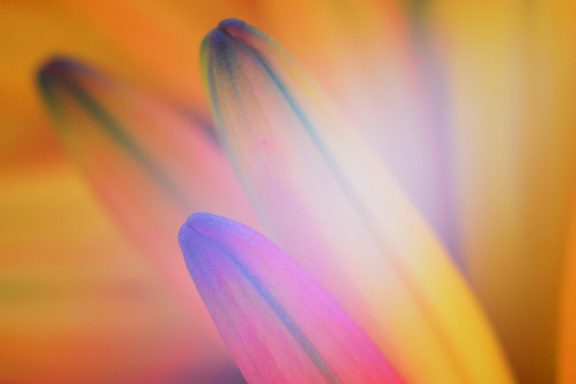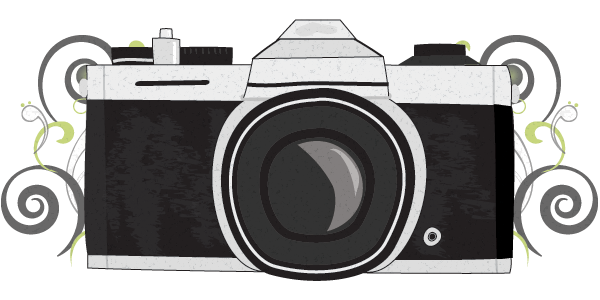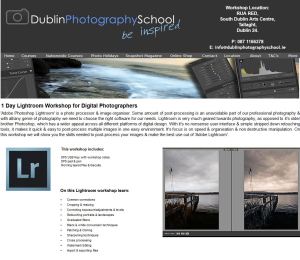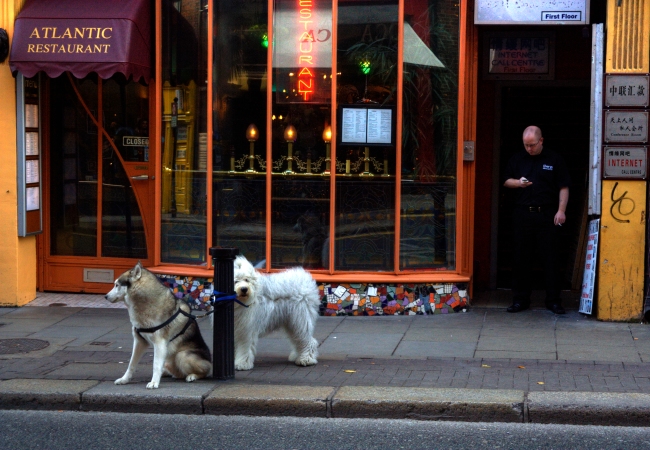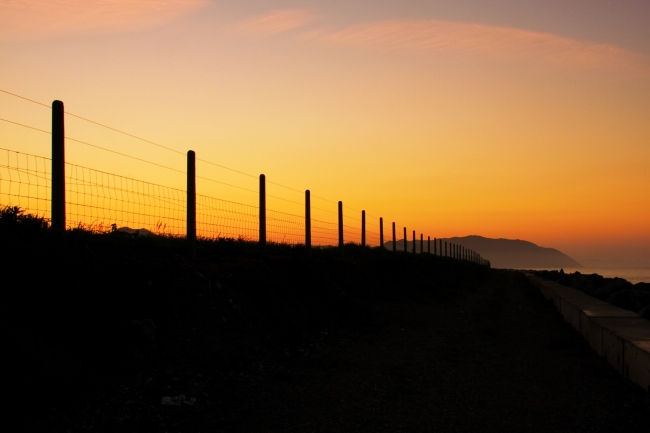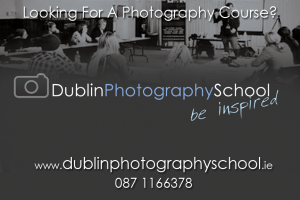“My Photographs would be better if I knew how to use Photoshop”; Here is my two cents!
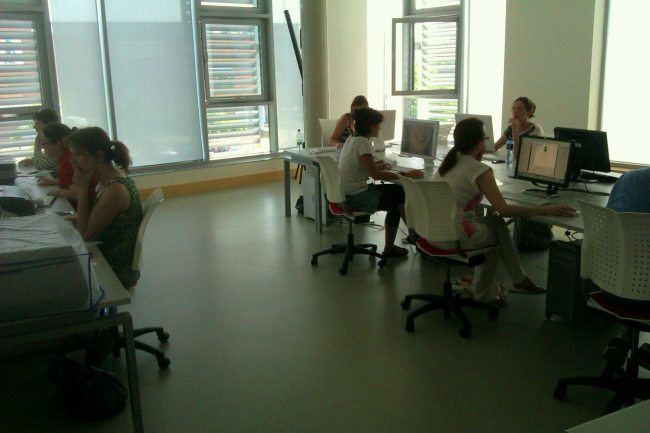
Often in my photography classes, at some stage I encounter this statement or something similar from an apologetic student, or my other favourite “how much photo shopping do you do to your images?” it’s almost spoken in hush tones like photography’s dirty secret, its soft under belly that everybody knows about but nobody wants to talk about.
So here’s my two cents, I presume you want to hear it because your still reading this:) I’m going to pop this into some very simple questions and answers and try to answer as simply and frankly as possible.
Before I start please be aware, that like all things in photography that this is just one man and his dogs opinion and is not the bottom line by any means, different photographers will have differing opinions, and that’s okay too!
Q. Will my photography improve if I learn Photoshop?
A. Short answer is no! Photoshop will not improve your images; Photoshop will make a good image great but cannot make a poor image good. Every hour spent getting your right images in camera is worth a hundred hours in front of the screen post processing. If you are spending hours trying to “fix” or “improve” your images in Photoshop, then the problem does not lie with your computer skills, but more in your photography basics. Work hard on composition, exposure, white balance, etc, and the image will only require a small amount of polishing and cleaning up in Photoshop.
Q. So if my photography basics are good, I don’t need Photoshop?
A. Yes and no, photography has always been a two step process, even in the good old days of the darkroom, it was a two separate operations that came together to get a great picture, the first stage was getting a great negative or getting the image right in camera, and second was how you developed your print . Nowadays the darkroom has gone digital, heck even half the processes in Photoshop are named after old darkroom techniques, unsharp mask, split toning, dodging and burning would all be run of the mill techniques for any darkroom worker, so what’s with the spiel? Well the point is that photography has always required two parts. So in principal with digital, you do not need to know Photoshop to get an image out of the camera, but it really helps get the image you “want” out of your camera.
Q. Do I need adobe Photoshop?
A. Nope, even though Adobe Photoshop and Lightroom are the industry standard, most people don’t start their post processing on Photoshop, most people start on something simple like Picasa, a free program from Google or programs like Aperture, picture manager, but sooner or later, they find that these programs are limited or do not offer the precision changes that are often needed. Also Photoshop is expensive so a lot of people use a lighter version of the program called Photoshop elements. This is a little bit easier on the pocket and is not as intimidating to use.
Q. So how much Photoshop do I need to know?
A. This is very subjective for most people they will be content with curves, levels, black and white conversions etc, what we call in the business a basic “workflow” but for others it will be about advanced masking, dropping in skies, and advanced layer work. But no matter how shoppie you like your Photoshop you need to start with the basics.
Q. What’s digital Imaging?
A. Photoshop is a hugely versatile program and a lot of media professionals will use it. From web and graphic designers, to animators and architects. But even though these professionals will have training in Photoshop the techniques they use may not be suitable for image processing, learning tolerances for things like printing, and removing colour casts etc. Digital imaging teaches you how to process an image that will print well, of look well on screen and is an education around digital images and a lot of the jargon and lingo used. Any good Photoshop course will have this at the heart of its syllabus.
Q. where can I get a Photoshop course in Dublin?
A. Here comes the plug:) if you’re looking for a Photoshop course in Dublin or Ireland, have a peak a Dublin photography school Photoshop courses, the courses are held in RUA RED in Tallaght, and is on all the major bus and Luas routes for Dublin. See Dublin photography school Photoshop courses here.
